Twelve years ago, Ryan Adams stood proudly beside his newly installed rooftop solar panels, posting photos online with the caption, “I’m doing my part for mankind.”
Today, the Toronto-area homeowner says those same panels have become a threat to his family’s safety—and escaping them could cost $20,000.
“This winter, the snow and ice came down so hard it knocked my wife off the stairs and crushed our barbeque,” Adams recalled in an interview with CTV News. “She was lucky. But it’s made us scared to even use the backyard.”
The panels were installed through Ontario’s now-defunct MicroFIT program, where homeowners leased their roof space to solar companies in exchange for annual payments—$250 in Adams’s case. His provider, RSS Solar (formerly Pure Energies), says the agreement covered installation, maintenance, and eventual removal at no cost to him—unless he wants to terminate early.
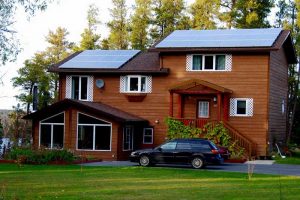
Image Credit: C. Penner Polle
That’s where the issue lies.
Adams, citing recurring ice hazards and birds nesting beneath the panels, wants out eight years before the contract ends.
RSS Solar is offering an early buyout—at a steep $20,000, including tax. The company says Adams had not raised concerns until recently and has received all promised payments.
“Homeowners should absolutely read the fine print on these contracts,” said Joshua Pearce, a Western University expert on solar energy systems. “Leasing can make solar accessible, but it ties you to long-term obligations—and unforeseen issues like snow load or animal interference can complicate things.”
Industry insiders, like myself, would say residential rooftop solar is still a key part of Canada’s clean energy future, but “more guidance is needed for consumers, especially in regions like Ontario where snowfall is significant.”
Ontario offers rebates of up to $5,000 for residential energy retrofits, but experts urge homeowners to research not only the technology—but also the business model behind it.
As Adams and RSS Solar continue negotiations, he hopes his story serves as a cautionary tale.
“I still believe in solar,” he said. “I just didn’t think it would come to this.”





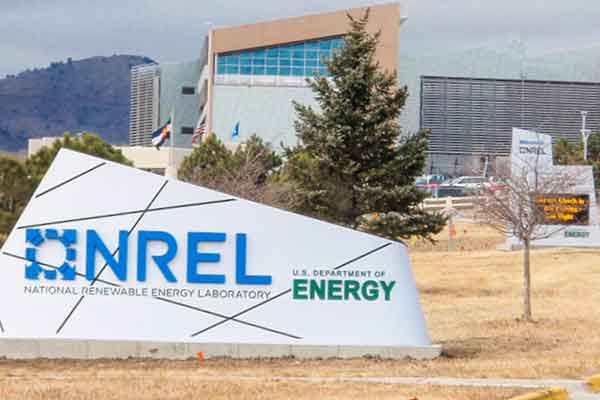
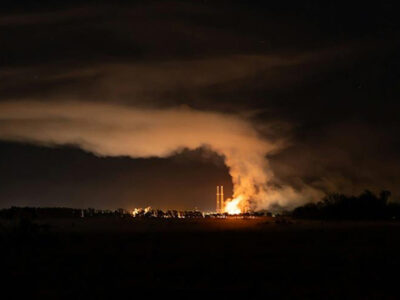
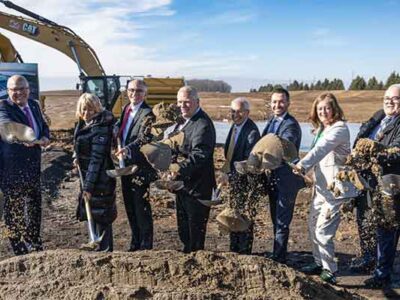
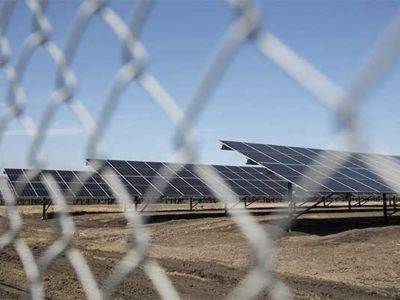
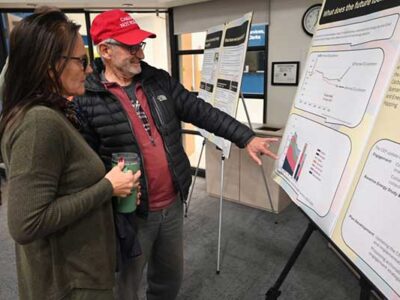

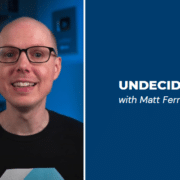


Comments